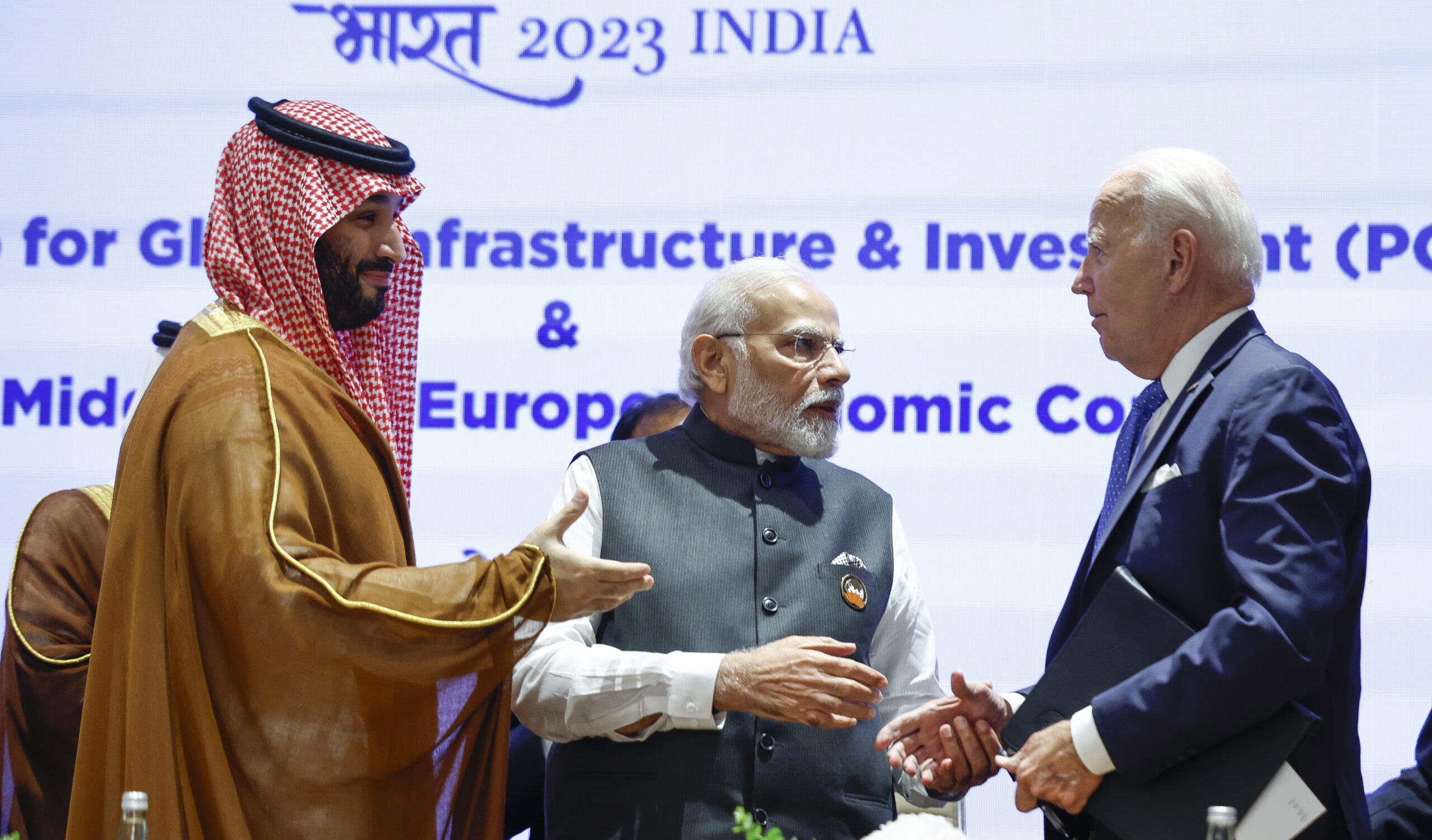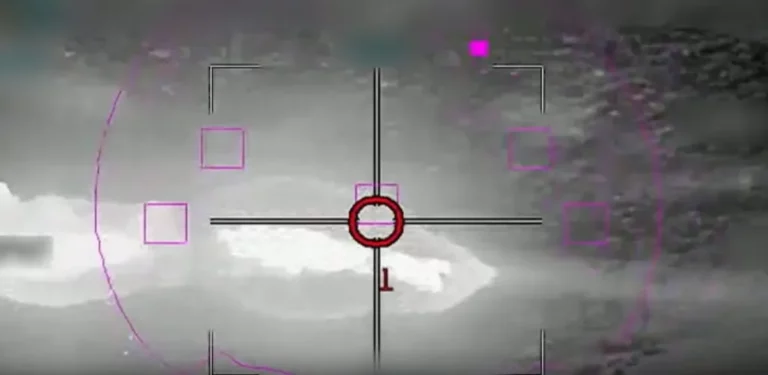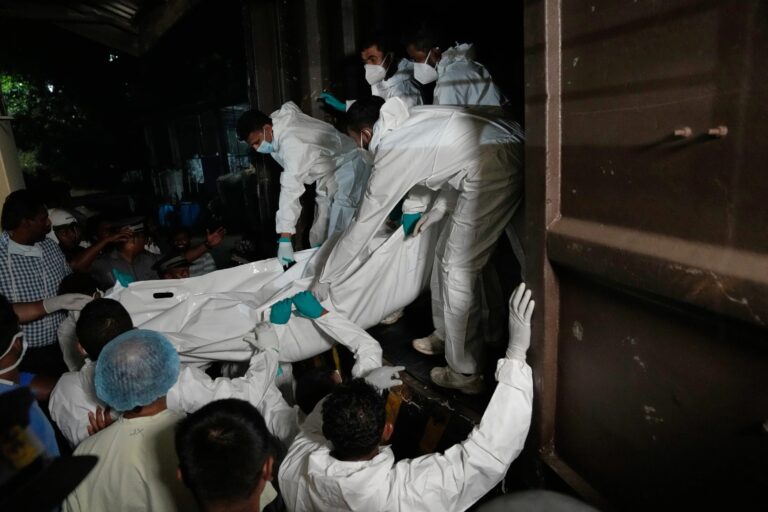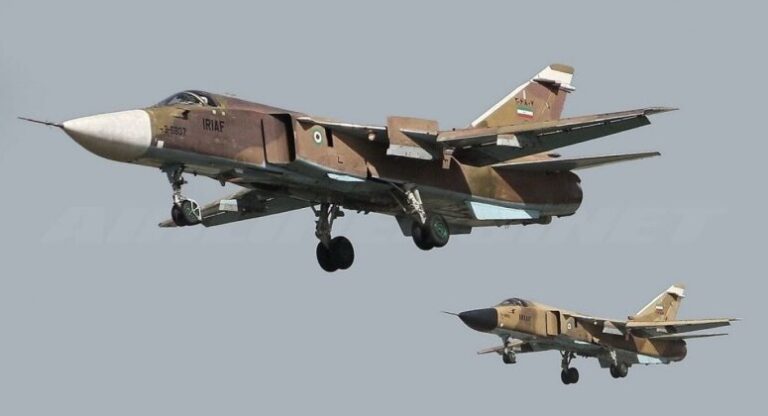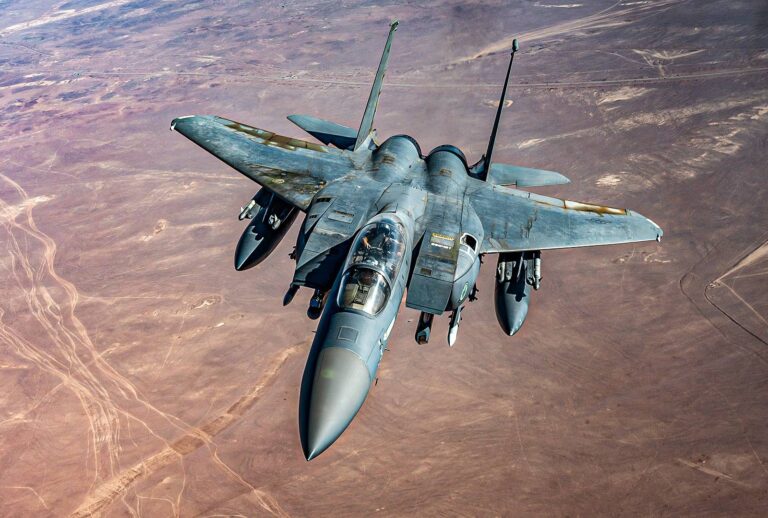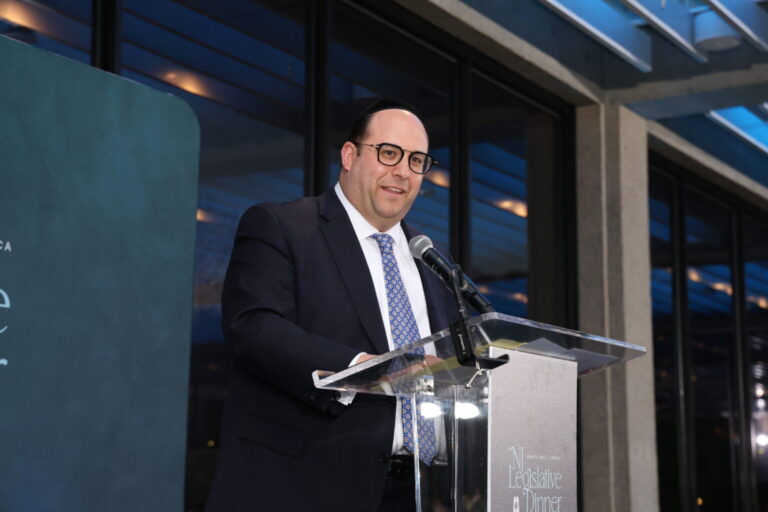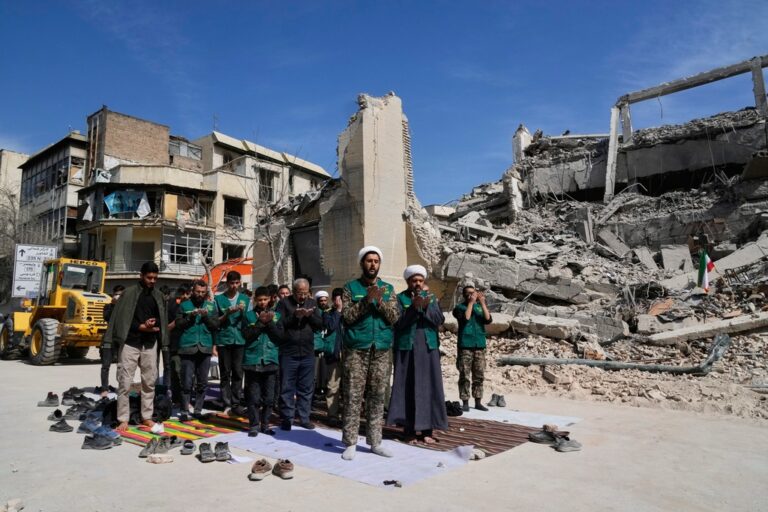The Group of 20 top world economies added the African Union as a member at their annual summit Saturday, and host India was able to get the disparate group to sign off on a final statement, but only after softening language on the contentious issue of Russia’s war in Ukraine.
In the months leading up to the leaders’ summit in New Delhi, India had been unable to find agreement on the wording about Ukraine, with Russia and China objecting even to language that they had agreed to last year at the G20 summit in Bali.
The final statement, released a day before the formal close of the summit, highlighted the “human suffering and negative added impacts of the war in Ukraine,” but did not mention Russia’s invasion.
It cited the U.N. charter, saying “all states must refrain from the threat or use of force to seek territorial acquisition against the territorial integrity and sovereignty or political independence of any state. The use or threat of use of nuclear weapons is inadmissible.”
By contrast, the Bali declaration had cited a U.N. resolution condemning “the aggression by the Russian Federation against Ukraine,” and said “most members strongly condemned the war in Ukraine.”
Nazia Hussain, an associate research fellow at Singapore’s S. Rajaratnam School of International Studies, said the statement showed a “softening of the language on the war in Ukraine.”
“However, for New Delhi, getting out a joint statement with some reference to Ukraine, or a joint statement at all especially with both the United States and its western allies as well as China and Russia toughening their stance on the war, is a win.”
Many had been skeptical that there would be a final communique, which would have been the first time one was not released and have been a blow to the prestige of the G20.
Western delegations applauded the agreement, with German Chancellor Olaf Scholz calling it a “success of Indian diplomacy.” He told reporters it was significant that in the end Russia had “given up its resistance” and signed on to the agreement that mentioned the sovereignty and territorial integrity of Ukraine.
A senior European Union official, speaking on condition of anonymity in order to be candid about the discussions, said the EU had not given up any of its position, and the fact that Russia had signed on to the agreement was important.
“The option we have is text or no text, and I think it’s better text,” he said. “At least if they don’t implement, we know once more that we cannot rely on them.”
Russian negotiator Svetlana Lukash described the discussions on the Ukraine-related part of the final statement as “very difficult,” adding that the agreed text had a “balanced view” of the situation., Russian media reported.
She said Ukraine wasn’t the only point of contention in reaching a statement, and charged that Western powers had tried to enforce the idea that “it’s the Ukrainian conflict that provokes all the crises in the world now.”
By contrast, there was widespread support for adding the AU to the G20, making it the second regional bloc to become a permanent member after the EU and adding momentum to Indian Prime Minister Narendra Modi’s drive to give a greater voice to the Global South.
The continent was thrust into the spotlight as well by the earthquake in Morocco, which happened while most of the delegates gathered in New Delhi were asleep. Modi offered condolences and support in his opening remarks.
“The entire world community is with Morocco in this difficult time and we are ready to provide them all possible assistance,” he said.
He told leaders they must find “concrete solutions” to the widespread challenges that he said stemmed from the “ups and downs in the global economy, the north and the south divide, the chasm between the east and the west,” and other issues like terrorism, cybersecurity, health and water security.
Modi addressed the delegates from behind a nameplate that listed his country not as India but as “Bharat,” an ancient Sanskrit name championed by his Hindu nationalist supporters.
India had made directing more attention to addressing the needs of the developing world a focus of the summit. at the summit — though it proved impossible to decouple many issues, such as food and energy security, from the war in Ukraine.
The summit came just days after Russian President Vladimir Putin said a landmark deal brokered by the U.N. and Turkey allowing Ukraine to export grain safely through the Black Sea will not be restored until Western nations meet his demands on Russia’s own agricultural exports.
The G20 urged the resumption of grain, foodstuffs and fertilizer shipments from Russia and Ukraine, saying it was necessary to feed people in Africa and other parts of the developing world.
Russia has been attacking Ukrainian port facilities, and the G20 in its final statement also called for an end to attacks on infrastructure related to the grain exports, and expressed “deep concern” about the effect of conflicts on civilians.
The G20 includes Argentina, Australia, Brazil, Canada, China, France, Germany, India, Indonesia, Italy, Japan, South Korea, Mexico, Russia, Saudi Arabia, South Africa, Turkey, the United Kingdom, the United States and the European Union. Spain holds a permanent guest seat.
Russian President Vladimir Putin and China’s leader Xi Jinping opted not to come this year, ensuring no tough face-to-face conversations with their American and European counterparts.
Participants arriving in the Indian capital were greeted by streets cleared of traffic, and graced with fresh flowers and seemingly endless posters featuring slogans and Modi’s face. Security was intensely tight, with most journalists and the public kept far from the summit venue.
Hundreds of Tibetan exiles held a protest far from the summit venue to condemn Chinese participation in the event and urge leaders to discuss Sino-Tibetan relations.
The G20 agenda featured issues critical to developing nations, including alternative fuels like hydrogen, resource efficiency, food security and developing a common framework for digital public infrastructure.
Human Rights Watch urged the G20 leaders not to let international disunity over Ukraine distract them at the summit from the other issues.
In addition, Meenakshi Ganguly, deputy director of the organization’s Asia division, said members should not “shy away from openly discussing challenges like gender discrimination, racism and other entrenched barriers to equality, including with host India, where civil and political rights have sharply deteriorated under the Modi administration.”
On Friday evening, before the meeting got formally underway, Modi met with U.S. President Joe Biden. White House aide Kurt Campbell told reporters afterward that there was an “undeniable warmth and confidence between the two leaders.”
As India’s regional rival China has become growingly assertive in the Asia-Pacific region, the U.S. has been seeking to strengthen ties with India and others.
The U.S., India, the EU and others unveiled ambitious plans Saturday to build a rail and shipping corridor linking India with the Middle East and Europe that aims to strengthen economic growth and political cooperation.
“This is a really big deal,” Biden said.
(AP)

